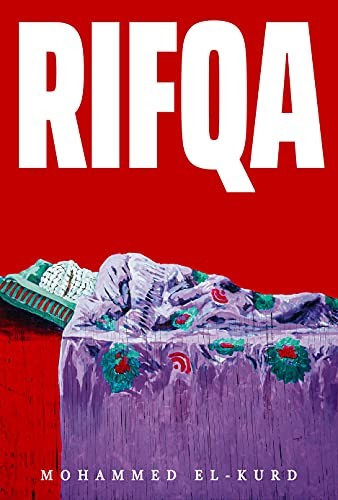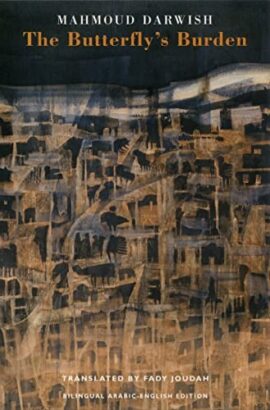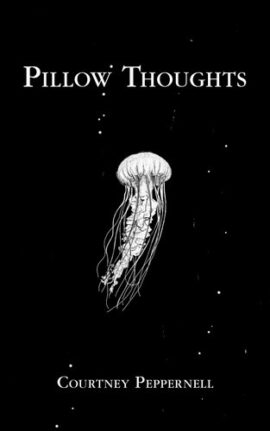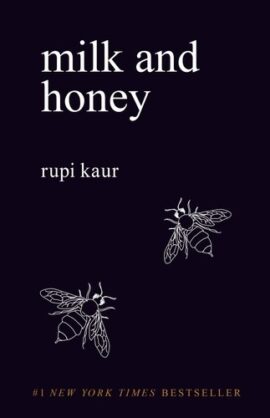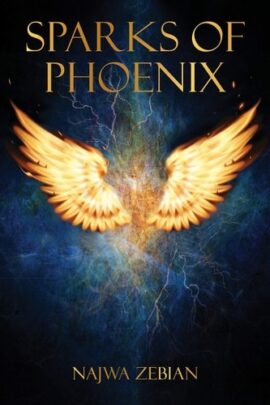Rifqa
3.900,00 د.ج
Each day after school, Mohammed El-Kurd’s grandmother welcomed him at the door of his home with a bouquet of jasmine. Her name was Rifqa—she was older than Israel itself and an icon of Palestinian resilience. With razor-sharp wit and glistening moral clarity, El-Kurd lays bare the brutality of Israeli settler colonialism. His poems trace Rifqa’s exile from Haifa to his family’s current dispossession in Sheikh Jarrah, Jerusalem, exposing the cyclical and relentless horror of the Nakba. El-Kurd’s debut collection definitively shows that the Palestinian struggle is a revolution, until victory.
Each day after school, Mohammed El-Kurd’s grandmother welcomed him at the door of his home with a bouquet of jasmine. Her name was Rifqa—she was older than Israel itself and an icon of Palestinian resilience. With razor-sharp wit and glistening moral clarity, El-Kurd lays bare the brutality of Israeli settler colonialism. His poems trace Rifqa’s exile from Haifa to his family’s current dispossession in Sheikh Jarrah, Jerusalem, exposing the cyclical and relentless horror of the Nakba. El-Kurd’s debut collection definitively shows that the Palestinian struggle is a revolution, until victory.
| Editeur |
|---|
Produits similaires
The Butterfly’s Burden
Harmony
i am finally finding a balance,
a great harmony
between the loss
and the love,
between who i was
and who i have become
In this exquisite poetry collection, Whitney Hanson, chronicles the loss of a loved one, tracing the progression of grief and healing through the lens of music.
We each begin with a simple note, but as life progresses, we’re led to the next note, and the next—all of which combine to form the melody of a song and a life. As life becomes more complicated and complex, we find that loss, grief, and heartache can muffle our music, making the world go silent.
But as Whitney’s poems show, all of these rests and pauses in the music are part of the composition of life, and it is only by moving through the variations that we can find the harmony and grace that come with healing.
Home Body
i dive into the well of my body
and end up in another world
everything i need
already exists in me
there’s no need
to look anywhere else
– home
Pillow Thoughts
Milk and Honey
“Rupi Kaur is the Writer of the Decade.” – The New Republic
#1 New York Times bestseller milk and honey is a collection of poetry and prose about survival. About the experience of violence, abuse, love, loss, and femininity.
The book is divided into four chapters, and each chapter serves a different purpose. Deals with a different pain. Heals a different heartache. milk and honey takes readers through a journey of the most bitter moments in life and finds sweetness in them because there is sweetness everywhere if you are just willing to look.
Sparks of Phoenix
As the phoenix emerges from its ashes, Zebian emerges ablaze in these pages, not only as a survivor of abuse, but as a teacher and healer for all those who have struggled to understand, reclaim, and rise above a history of pain.
The book is divided into six chapters, and six stages of healing: Falling, Burning to Ashes, Sparks of Phoenix, Rising, Soaring, and finally, A New Chapter, which demonstrates a healthy response to new love as the result of authentic healing.
With her characteristic vulnerability, courage, and softness, Zebian seeks to empower those who have been made to feel ashamed, silenced, or afraid; she urges them, through gentle advice and personal revelation, to raise their voices, rise up, and soar.
The Poet X – WINNER OF THE CILIP CARNEGIE MEDAL 2019
Xiomara Batista feels unheard and unable to hide in her Harlem neighborhood. Ever since her body grew into curves, she has learned to let her fists and her fierceness do the talking.
But Xiomara has plenty she wants to say, and she pours all her frustration and passion onto the pages of a leather notebook, reciting the words to herself like prayers—especially after she catches feelings for a boy in her bio class named Aman, who her family can never know about.
With Mami’s determination to force her daughter to obey the laws of the church, Xiomara understands that her thoughts are best kept to herself. So when she is invited to join her school’s slam poetry club, she doesn’t know how she could ever attend without her mami finding out. But she still can’t stop thinking about performing her poems.
Because in the face of a world that may not want to hear her, Xiomara refuses to be silent.

